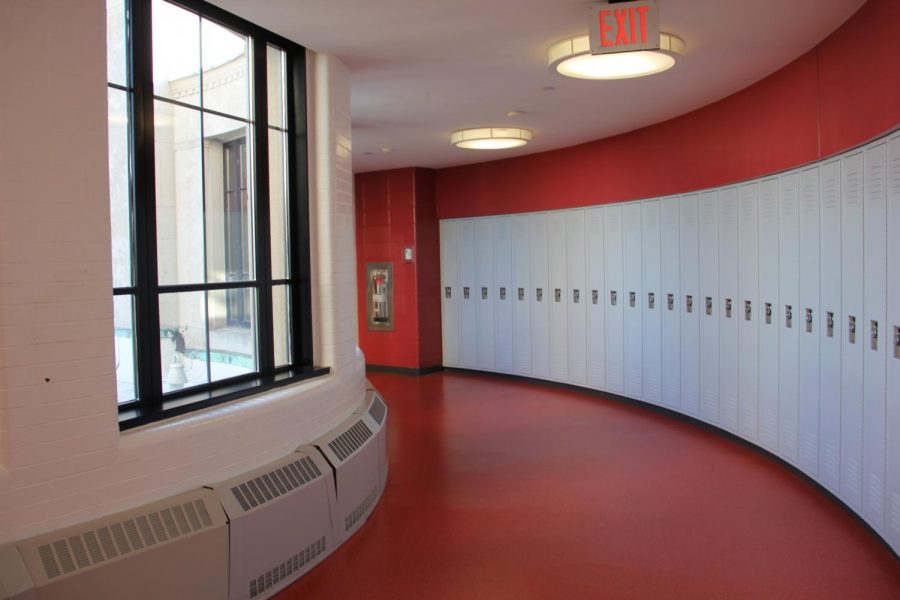In a Blast from the Past, Music Briefly Joins Bells During Passing Time
For two months, music was played over the loudspeaker during passing times at CRLS.
March 25, 2020
If you’ve been to school in the past two months, you have heard the music ringing through the halls during passing time. The music began being played on the first day of February, and it became a fixture of students’ days until getting stopped in early March. The intent, according to Max MacGibbon ’21—whose name you may know from his daily morning announcements over the loudspeaker—was to use the daily music as “a tool to recognize musicians, and black artists, and women.” However, according to Ms. Yemisi Oluywole, a clerk at CRLS’s front desk, the connection to Black History Month was “just a coincidence … it just happened to be that month.”
Mr. Robert Tynes, the assistant principal of Cambridge Rindge and Latin, was a major proponent of the passing time music. According to Mr. Tynes, who attended the school in his youth, playing music during passing time used to be the norm at CRLS. He remembered the passing music fondly, saying that “it just gave you a boost to go to your next class.” Mr. Tynes wanted to give current students the same experience that he enjoyed by playing music again. He asserts that the catalyst for restarting the music was “Spirit Week … the student body president came to me and asked about … the possibility of playing [encouraging] music during Spirit Week … and I did some investigating about it.”
Overall, current opinions on the implementation of the passing music vary. Mr. Tynes spoke about student responses that he received after putting the music into effect, saying, “There were people who were like, ‘This is awesome,’ and then there were people like, ‘This is horrible, I hate this music!’” While many enjoyed it, some students and teachers took issue with the music on the grounds that it was disruptive to classes. Spencer Vermeule ’22 claimed that the passing time music was distracting and “not conducive to a productive school day” and said he also had problems with the song choice itself, as Mr. Tynes referenced.
Enough people such as Vermeule felt the music to be disruptive that it has, like in the past, been discontinued. The music was also removed because, according to Mr. Tynes, it is harder than many people would think to select the music, change its volume, and orchestrate its timing given the technology available. In addition, all music must be screened to make sure it is school-appropriate, which is a time-consuming process. Mr. Tynes asks that any students who have suggestions, either for music selection or ways to fix the technical problems, come to him with them, as he still hopes to reinstitute passing time music in the school.









